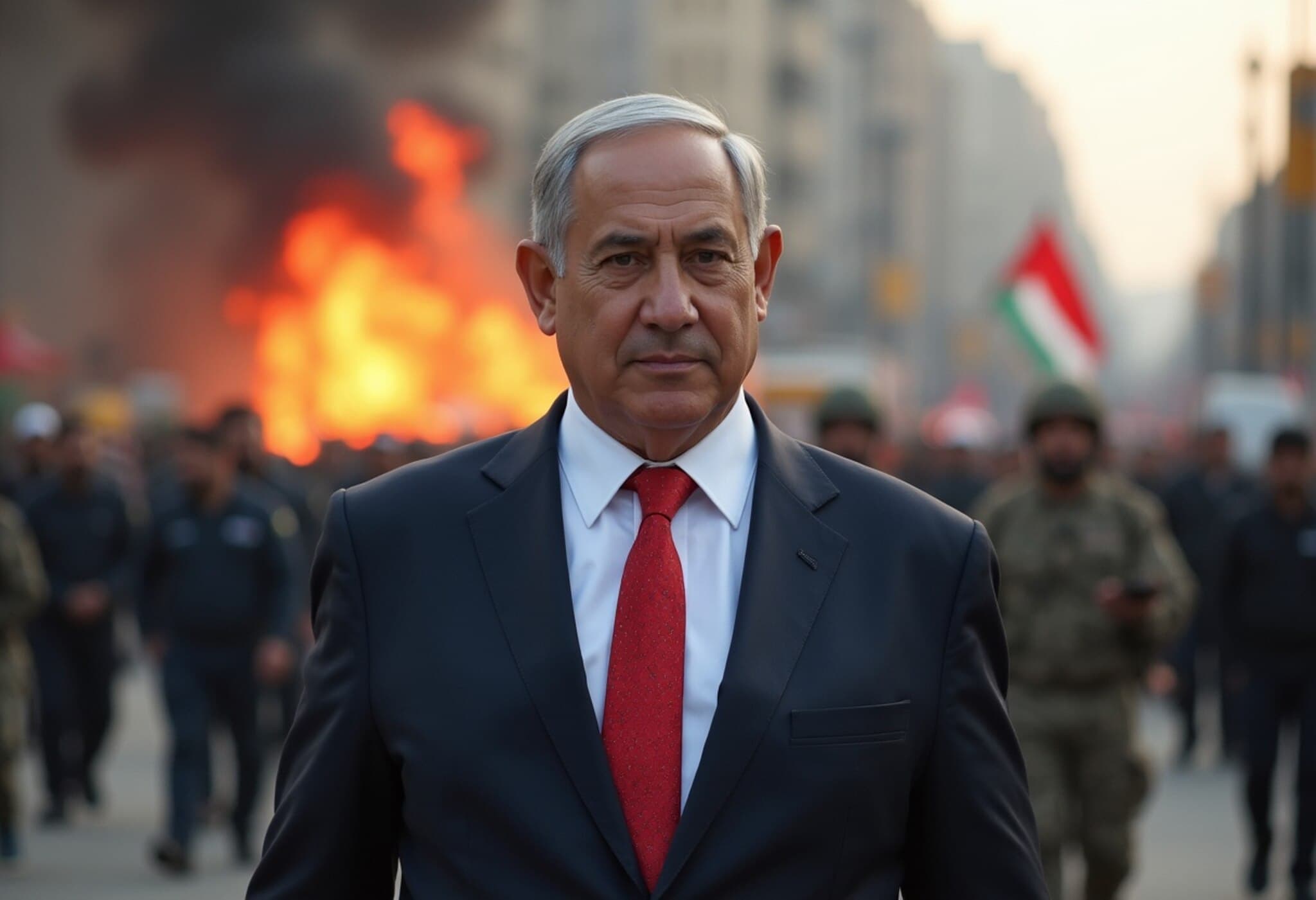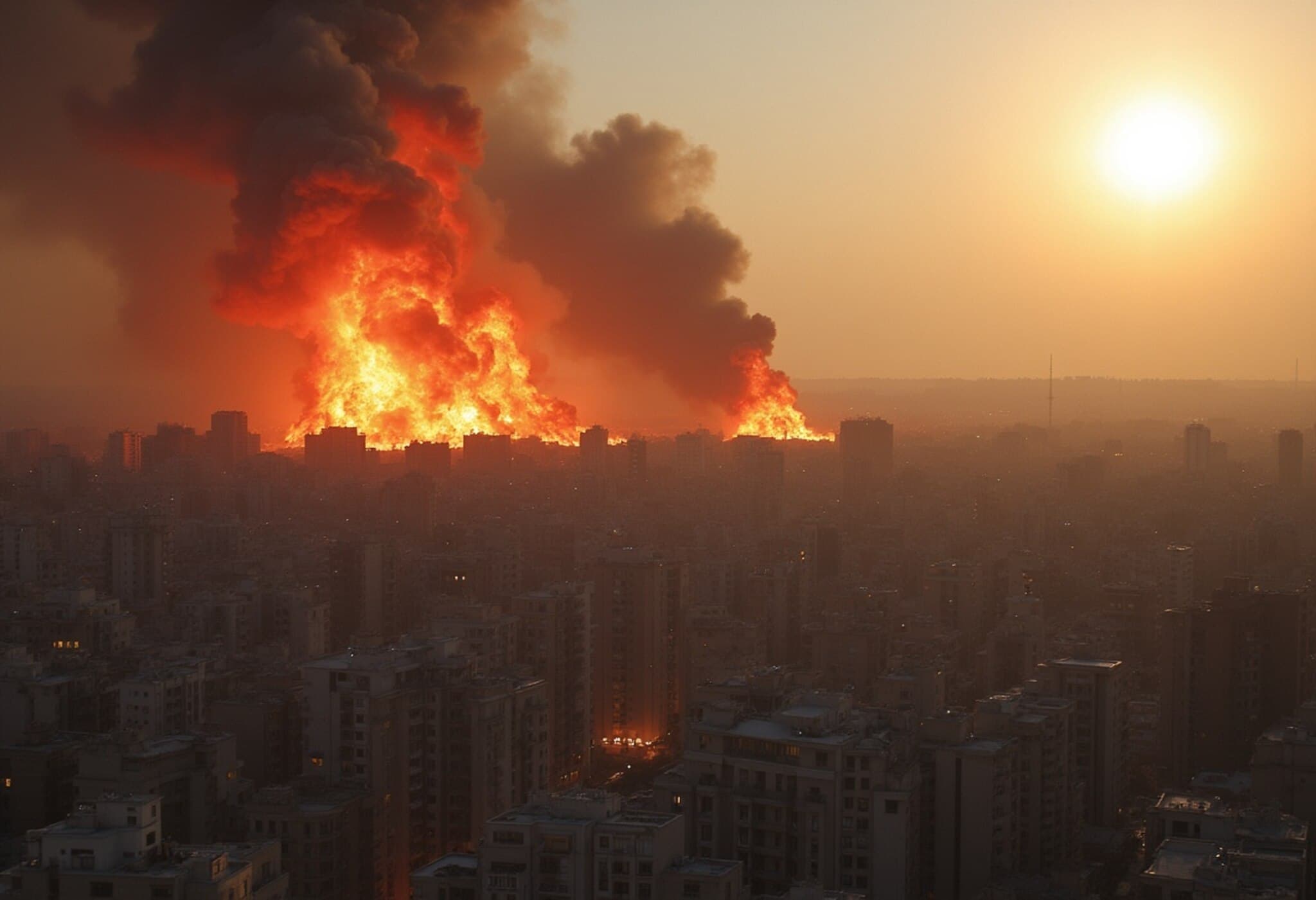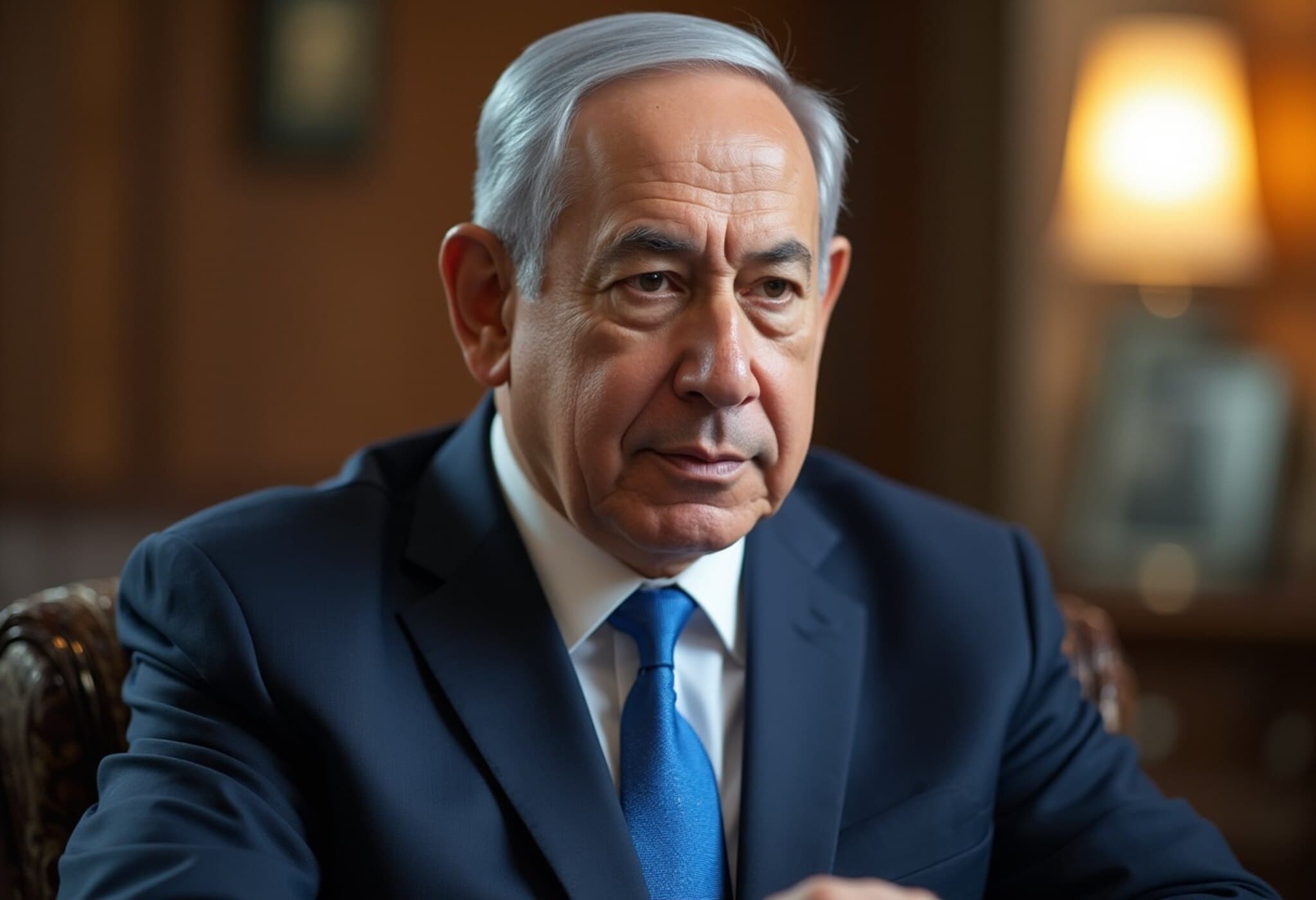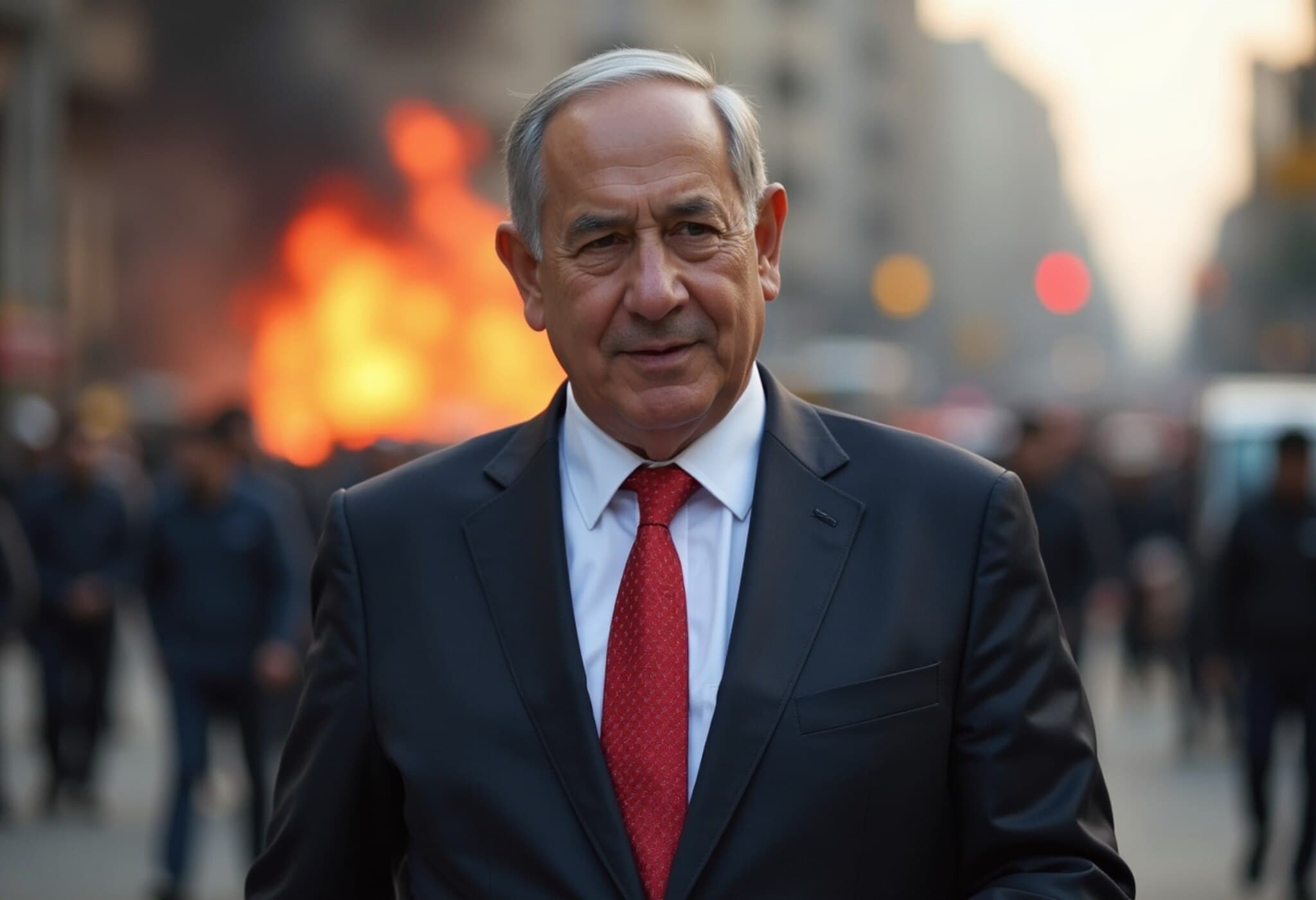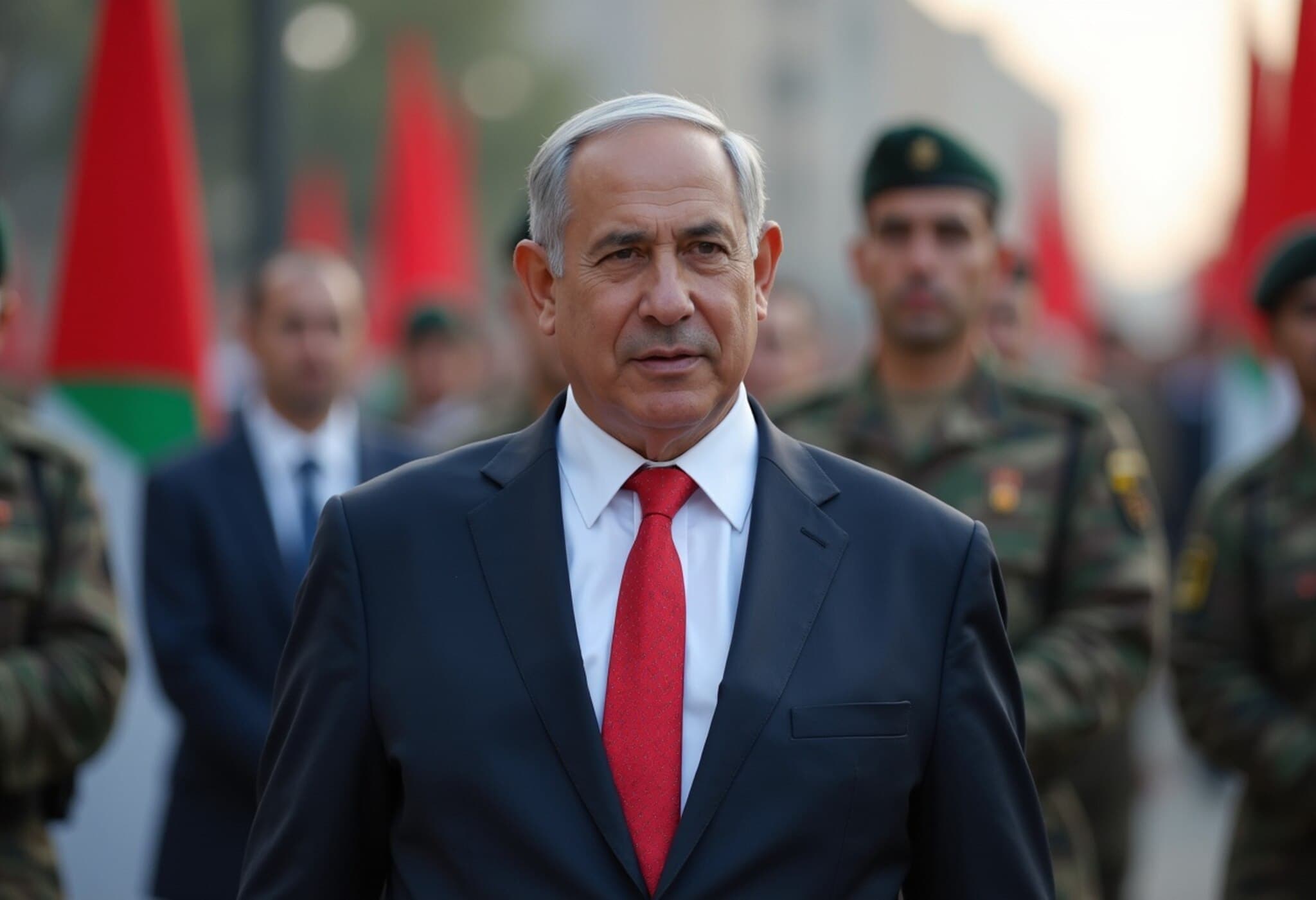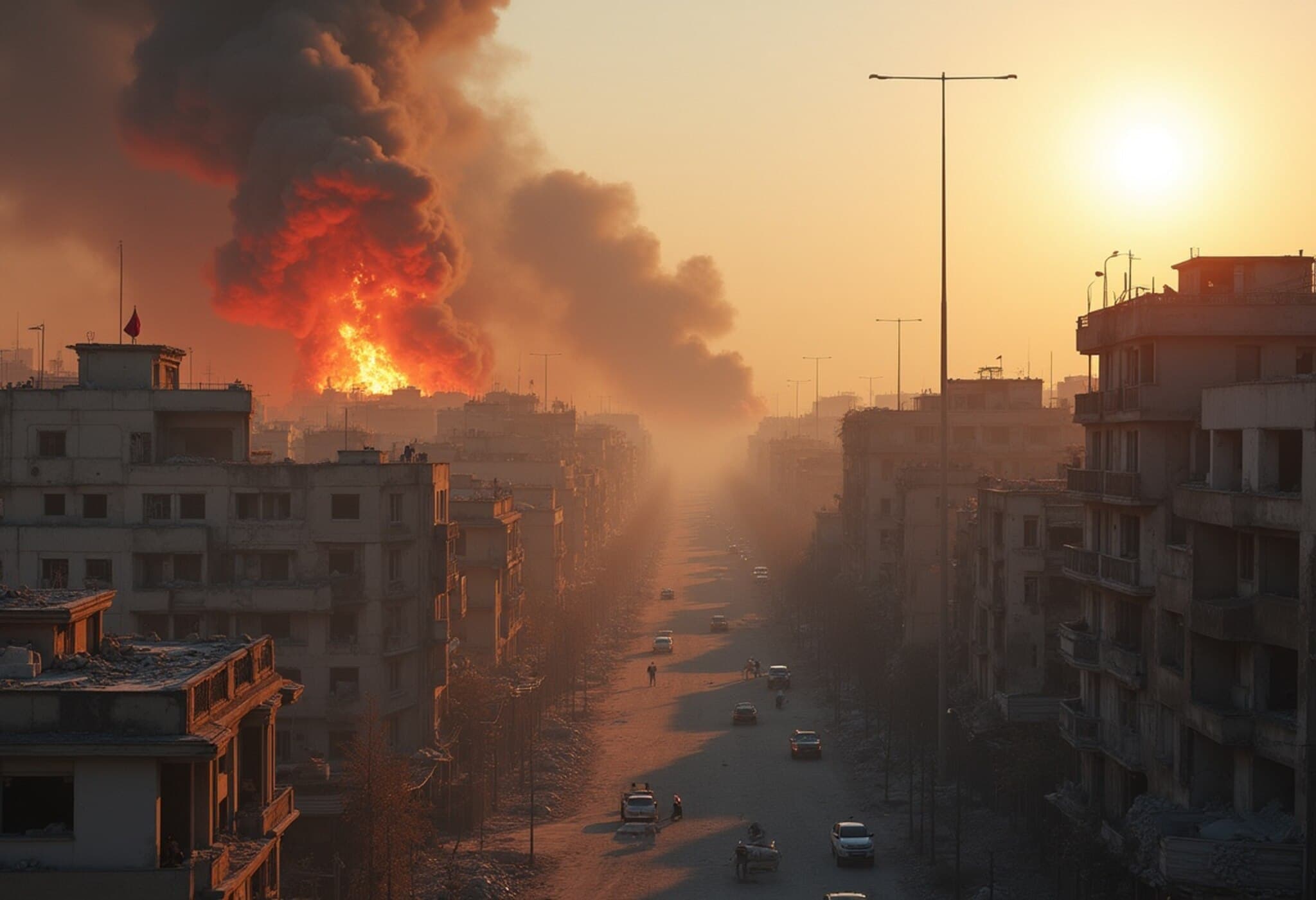Israel Plans Military Control Over Gaza as Security Cabinet Deliberates
In a watershed moment amid one of the Middle East’s most volatile conflicts, Israeli Prime Minister Benjamin Netanyahu declared Israel’s intent to take full military control of the Gaza Strip, aiming to dismantle Hamas' influence and establish a secure buffer zone. This announcement comes as Israel’s security cabinet convened Thursday evening to evaluate an intensified strategy after nearly two years of military operations targeting the militant group Hamas.
Netanyahu’s Vision: Ending Hamas Control, Yet Avoiding Permanent Occupation
Addressing Fox News, Netanyahu was unequivocal: "We intend to" assume full authority over Gaza to assure Israeli security. Yet, he underscored that Israel does not desire permanent governance, expressing a plan to transfer administration to Arab states willing to govern responsibly without endangering Israel’s security.
"We want to liberate ourselves and liberate the people of Gaza from the awful terror of Hamas," Netanyahu said, outlining a vision that rejects Hamas and any entity advocating Israel’s destruction. However, he did not set a timeline for this transfer or military completion.
Internal Debate and International Response
The decision now sits with the Israeli security cabinet, whose meeting has been described as tense—particularly following resistance from the military’s top brass about expanding the conflict. Israel currently controls approximately 75% of Gaza, but full takeover would mark a significant shift in the occupation strategy.
Internationally, responses remain sharply divided. While Israel presses forward, global calls for ceasefires grow louder. Nations such as France, the United Kingdom, and even within the United States have voiced deep concern for Gaza’s civilians, with leaders urging humanitarian relief and signaling their support for a two-state solution.
President Donald Trump, notably expressing dismay over civilian starvation in Gaza, adds to the pressure weighing on Israel’s approaches amid complex regional geopolitics. Meanwhile, Netanyahu continues to resist international calls, accusing foreign leaders of appeasing terrorists.
Human Cost and Rising Alarm
Since Hamas’ brutal October 7, 2023 attack killed nearly 1,200 Israelis and launched thousands of rockets, Israel’s military offensive has claimed over 61,000 Palestinian lives, according to Gaza’s Health Ministry—numbers whose civilian versus combatant breakdown remains contested.
These staggering figures have intensified humanitarian concerns. Families of hostages held by Hamas fear escalated conflict might jeopardize their loved ones, prompting protests even as former Israeli security officials warn of an impending quagmire with limited tactical gain.
Adding to the international unease, European Commission Vice President Teresa Ribera labeled the ongoing hostilities as potentially genocidal, citing the systematic siege, destruction, and deprivation of Gaza’s civilian population.
Major Israeli human rights organizations have echoed these warnings, accusing Israeli actions of aiming to dismantle Palestinian society in Gaza, allegations the Israeli government rejects, insisting its focus remains on neutralizing Hamas militants.
Expert Insight: Navigating a Complex Future
- Policy Complexity: Netanyahu’s plan to hand Gaza governance to Arab states raises complicated questions about regional cooperation, sovereignty, and the feasibility of such governance amid deeply rooted animosities.
- International Law and Human Rights: The tension between military objectives and civilian protection remains a critical challenge, underscoring urgent debates about proportionality and accountability under international humanitarian law.
- US and Global Role: The United States’ balancing act—between supporting Israel’s security and championing humanitarian relief—could significantly influence whether this conflict escalates or moves toward diplomatic resolution.
- Long-Term Stability: The viability of creating a “secure perimeter” without sparking insurgency or fostering new extremist factions remains uncertain, suggesting the potential for prolonged instability.
Editor’s Note
Netanyahu’s declaration marks a pivotal escalation with profound implications for regional security and humanitarian conditions. As Israel considers full military governance of Gaza, questions loom: can a transition to Arab administration mend decades of strife? Will intensified conflict deepen civilian suffering and destabilize the region further? This evolving crisis demands vigilant scrutiny, nuanced understanding, and urgent international engagement.
Stay informed with us as this complex and rapidly unfolding story develops.

